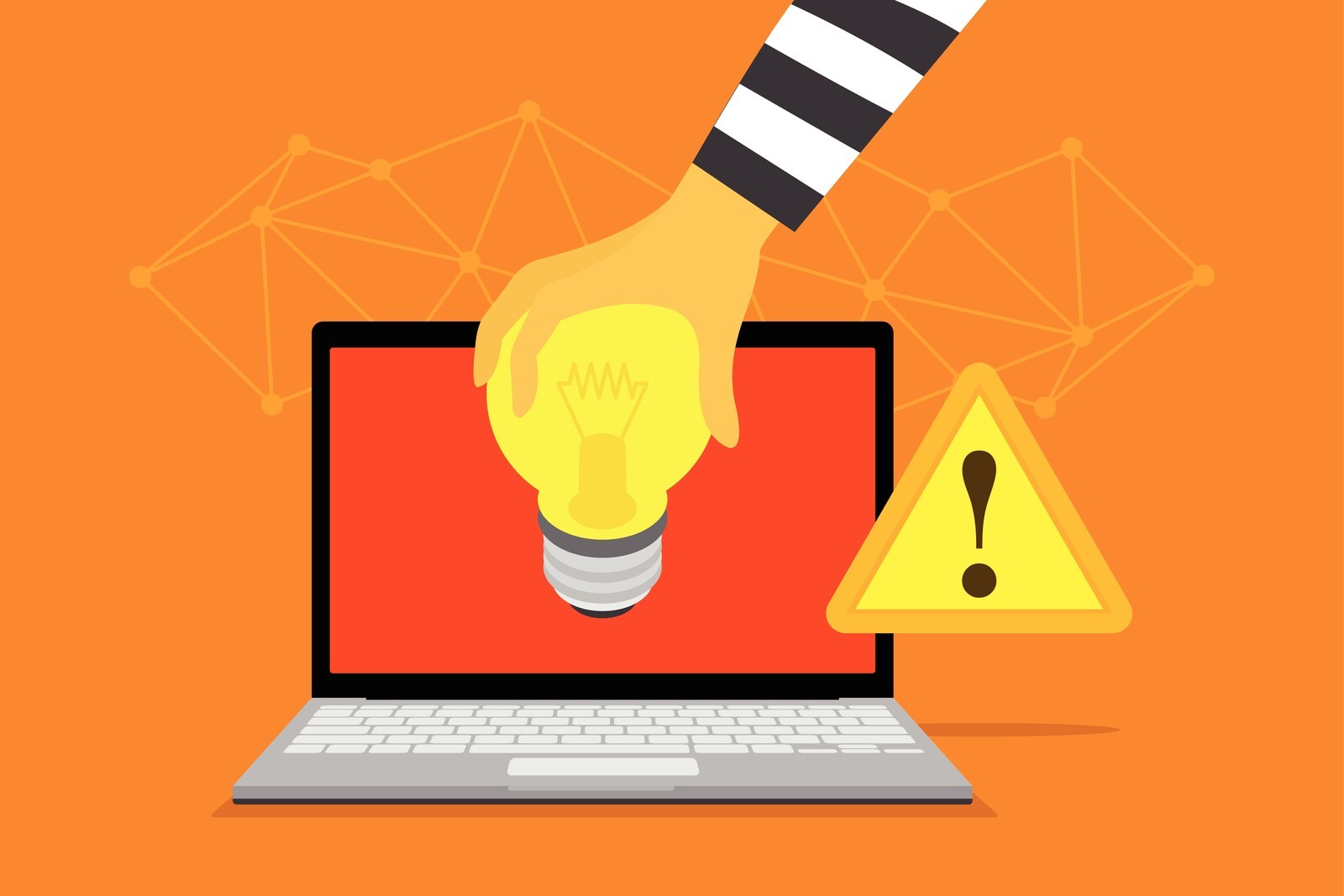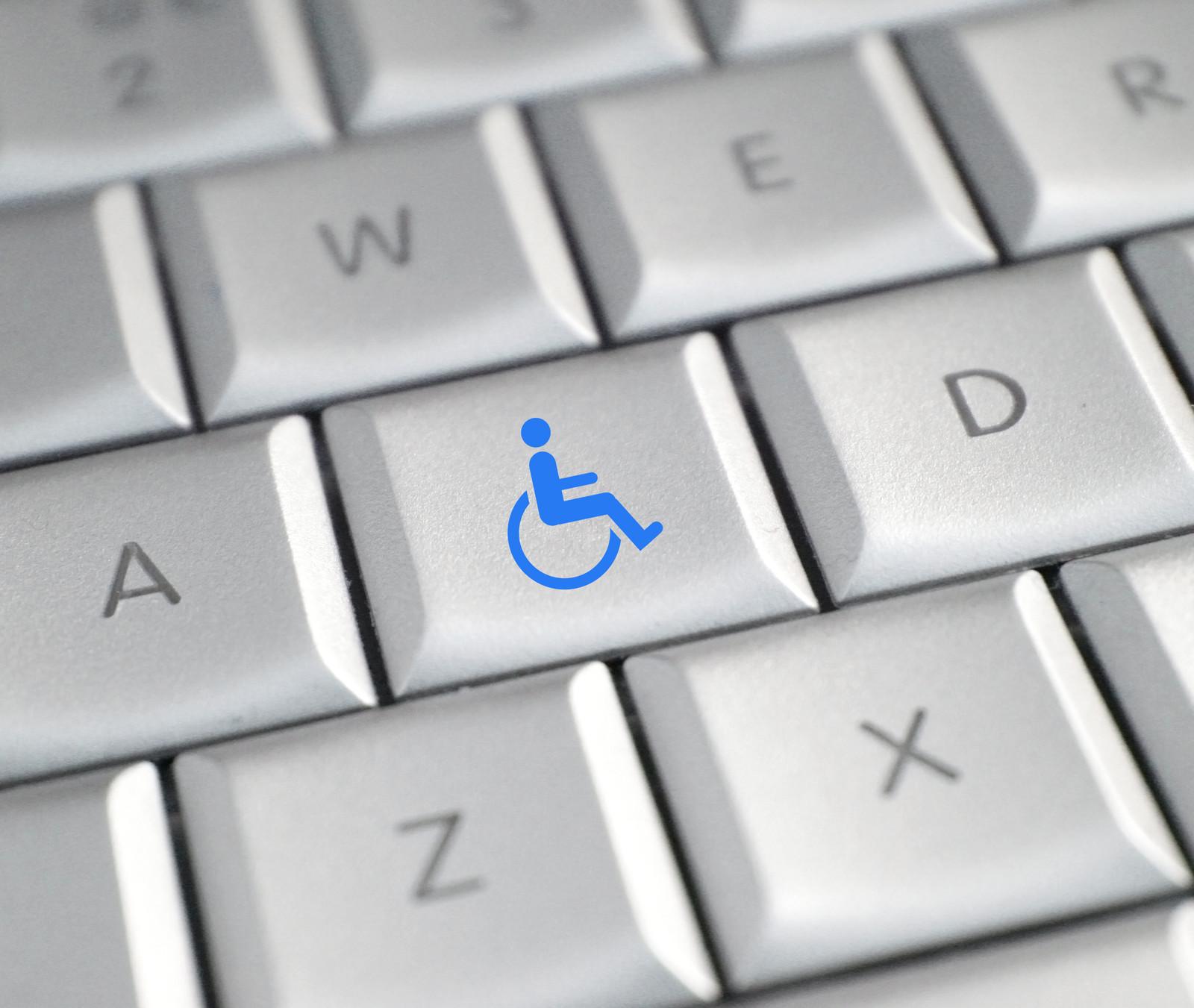Ensuring that your website has original content is crucial for maintaining credibility and integrity. Plagiarism can harm your reputation and lead visitors to question the authenticity of your work. In addition to legal consequences, plagiarism is also penalized by search engines like Google, resulting in lower rankings and less visibility for your website. Avoiding plagiarism can help safeguard your website's reputation, legality, and online presence.
Consequences of Plagiarism
Plagiarism can result in severe consequences for website owners. It can damage the website's reputation and credibility, which can be difficult to recover from.
- SEO penalties and loss of search engine rankings
When a website is found to have plagiarized content, search engines may penalize it by lowering its ranking or even removing it from search results entirely. This is because search engines prioritize original and high-quality content, and plagiarized content is viewed as a violation of these standards. As a result, websites with plagiarized content may experience a significant decrease in traffic and visibility, ultimately harming their SEO efforts. It is crucial to prioritize originality and ensure that all content on your website is unique and valuable to your audience. - Damage to website credibility and reputation
When plagiarism occurs on a website, it can damage the website's credibility and reputation. Plagiarized content may cause visitors to question the authenticity of the website and its content. They may view the website as unoriginal, untrustworthy, and lacking credibility. As a result, the website may experience a decrease in traffic, a higher bounce rate, and a lower engagement rate. It is crucial for website owners to prioritize originality and ensure that their website's content is unique and trustworthy to maintain credibility and reputation among visitors. - Legal implications and potential lawsuits
Plagiarism can also lead to serious legal implications and potential lawsuits. When copyrighted material is used without proper attribution or permission, it can result in legal action being taken against your website. This can be costly in terms of legal fees and damage to your reputation. It is important to ensure that all content on your website is original or properly attributed to its original source to avoid the risk of legal consequences. - Loss of revenue and potential customers
Plagiarism can also result in a loss of revenue and potential customers for your website. If customers come across unoriginal or plagiarized content on your website, they may lose trust in your brand and choose to do business with competitors who have original and trustworthy content on their websites. Additionally, if your website is accused of plagiarism and faces legal action, the resulting negative publicity can also harm your brand's reputation and lead to a loss of revenue. It's crucial to prioritize originality and authenticity in your website's content to avoid these potential consequences.
Plagiarism is the act of using someone else's work or ideas without proper attribution or permission. It can include copying text, images, videos, or any other type of content without giving credit to the original creator.
How to Prevent Plagiarism on Your Website
In order to prevent plagiarism on your website, there are several steps you can take.
- Use plagiarism checkers to identify potential issues
Using plagiarism checkers such as Copyscape, Grammarly, or Turnitin can help you identify potential instances of plagiarism. These tools compare your content to existing content on the internet to see if there are any similarities. - Create original content and give proper credit when using sources
One of the best ways to avoid plagiarism is to create original content. If you do use external sources, be sure to give proper credit through citations or hyperlinks. - Implement clear guidelines and policies for content creation and publication
Having clear guidelines and policies for content creation and publication can help ensure that all team members understand the importance of avoiding plagiarism and the consequences of not doing so. - Educate team members and employees on plagiarism and its consequences
Providing education and training on plagiarism and its consequences can help ensure that everyone on your team understands the importance of creating original content and avoiding plagiarism.
Types of Plagarism
Plagiarism is not limited to simply copying and pasting text from another source. There are several types of plagiarism that website owners should be aware of.
- One type is copy-and-paste plagiarism, where entire sections of text are taken from another source and presented as one's own work.
- Mosaic plagiarism is another type, where small portions of text are taken from multiple sources and combined to form a new document.
- Self-plagiarism is also a form of plagiarism, where an individual presents their own previously published work as new or original.
Understanding these different types of plagiarism can help website owners ensure that their content is truly original and avoid any potential consequences of plagiarism.
Best Practices for Maintaining Originality and Quality Content
Creating high-quality, original content is key to avoiding plagiarism and maintaining a successful website. Here are some best practices to follow:
Strategies for creating high-quality, original content
- Conduct thorough research to gather information and ideas for your content
- Use your own unique voice and perspective to present the information in an original way
- Include data, statistics, and examples to support your points and add credibility to your content
- Use multimedia elements like images and videos to enhance the visual appeal of your content
Tips for avoiding unintentional plagiarism
- Always give proper credit when using quotes, data, or information from other sources
- Use plagiarism checkers like Grammarly or Copyscape to identify potential issues
- Paraphrase information in your own words rather than copying it directly
- Use quotation marks and citations when using direct quotes or specific information from other sources
Importance of consistent content creation and publication schedule
- Set a regular content creation and publication schedule to keep your website updated and fresh
- Use an editorial calendar to plan and organize your content creation and publication schedule
- Stay up-to-date with industry trends and news to stay relevant and provide valuable content to your audience
- By following these best practices, you can maintain originality and quality on your website while avoiding plagiarism and its consequences.
Value of Unique Content for Your Audience
Approaching content writing with the mindset of creating something unique and valuable for your audience is essential to avoid plagiarism and create high-quality content. Here are some tips to help you achieve this mindset:
- Research your topic thoroughly: Before writing, conduct thorough research on your topic to gain a deep understanding of it. This will help you avoid unintentional plagiarism and also provide you with the knowledge to create unique and valuable content.
- Use your own voice: Use your own voice and style when writing your content. This will help make your content more personal and unique, and will also prevent you from inadvertently copying someone else's writing style.
- Provide your own insights and analysis: Instead of simply regurgitating information from other sources, provide your own insights and analysis on the topic. This will add value to your content and differentiate it from others on the same topic.
- Use sources responsibly: When using sources, make sure to give proper credit and attribution. Use quotes when necessary and provide links to the original source to avoid plagiarism.
- Create an outline: Before diving into writing, create an outline of your content. This will help you organize your thoughts and ensure that your content flows logically and provides value to your audience.
Plagiarism can have serious consequences for your website, including SEO penalties, damage to credibility, legal issues, and loss of revenue. It's important to take proactive steps to prevent plagiarism, such as using plagiarism checkers, creating original content, implementing clear guidelines, and educating team members.
Maintaining originality and quality content is essential for the success of your website. By prioritizing originality and quality, you can enhance your website's credibility, reputation, and search engine rankings.




